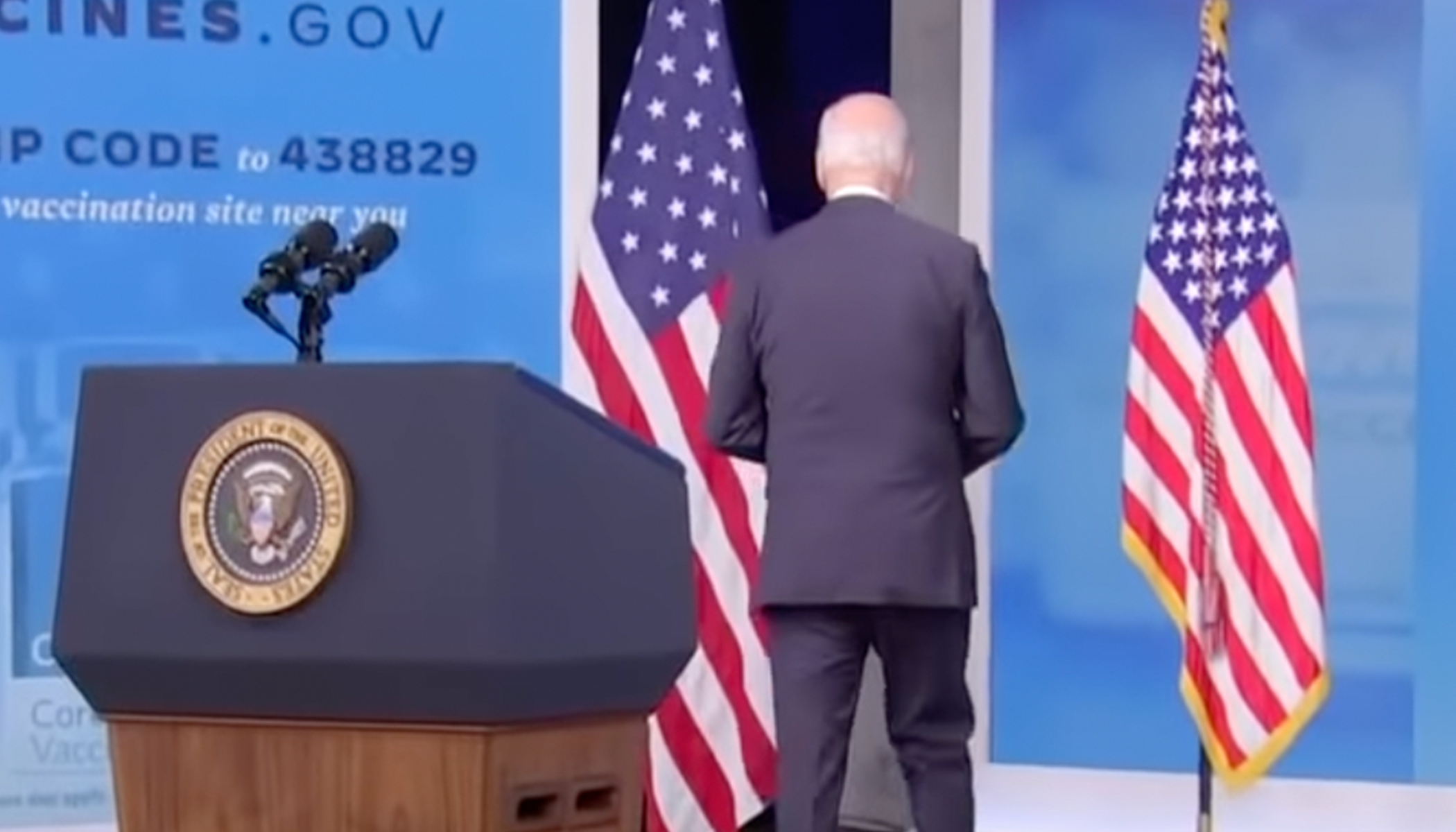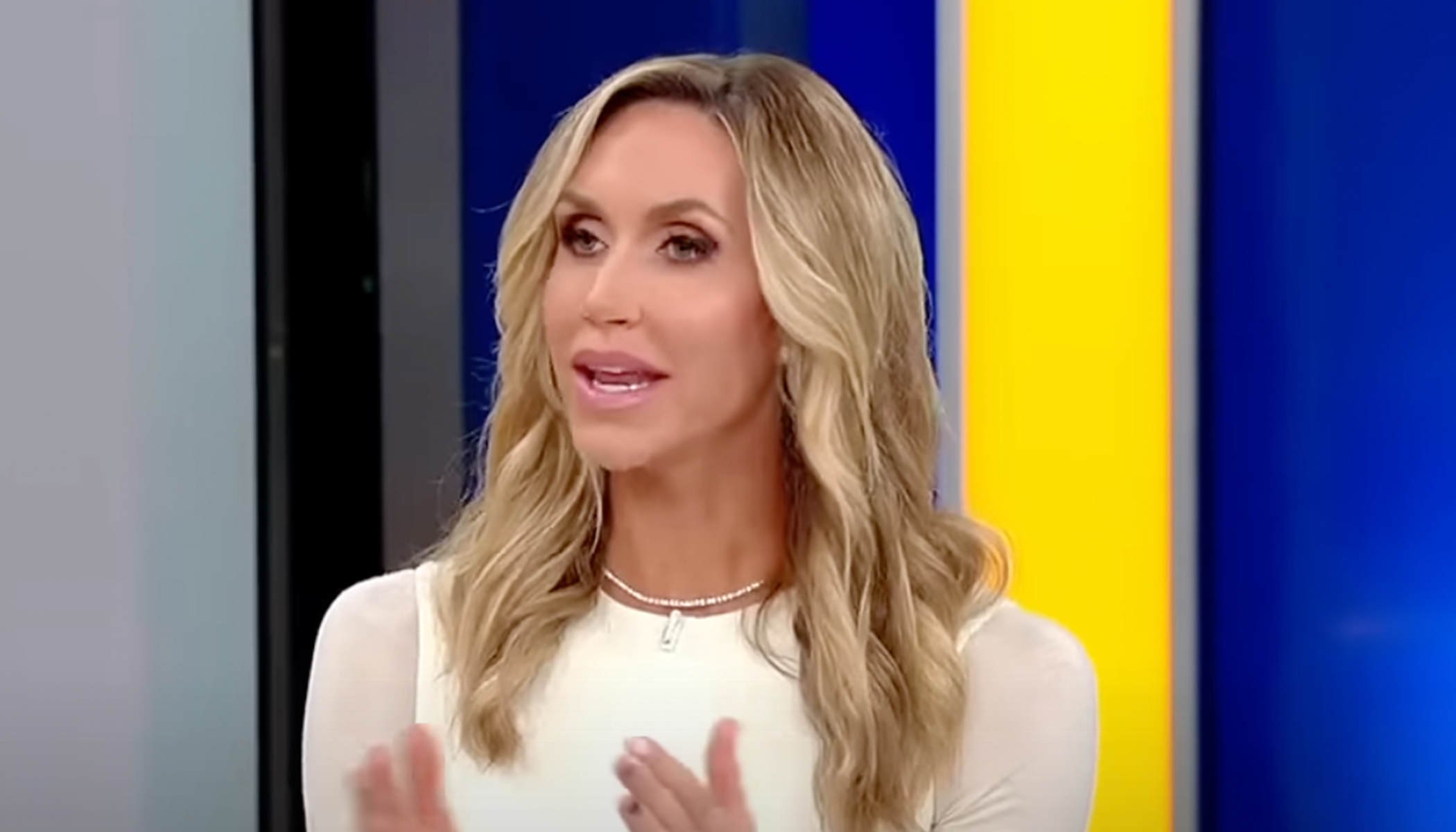Putin again endorses Biden for president, does not blame him for ‘crazy’ comments
In a statement this week, Russian President Vladimir Putin endorsed Joe Biden for the U.S. presidency, despite Biden's harsh words towards him in recent days.
During a televised event, Putin made light of Biden's derogatory comments about him, suggesting that such exchanges only reinforce his preference for Biden in the upcoming U.S. presidential elections.
This comes amid heightened tensions between the two nations, with Biden's administration considering further sanctions against Russia and Putin showcasing military might with a supersonic bomber flight, as reported by the Daily Mail.
Putin's playful retort to Biden's criticism
Putin's response to Biden's characterization of him as a "crazy S.O.B." was marked by a mocking demeanor, indicating a readiness to work with any U.S. president, but also a clear preference for Biden.
His comments underline a complex relationship between the U.S. and Russia, characterized by a mix of confrontational rhetoric and strategic diplomacy.
As Biden called Putin "crazy S.O.B," Putin replied:
We are ready to work with any president. But I believe that for us, Biden is a more preferable president for Russia, and judging by what he has just said, I am absolutely right.
The exchange between the two leaders reflects ongoing geopolitical tensions, with Putin's remarks coming at a time when the U.S. is planning to impose more sanctions on Russia.
The backdrop of these diplomatic jabs includes serious concerns over Russia's treatment of opposition figures and its nuclear posturing.
Navalny's death and nuclear threats loom large
The dialogue between Putin and Biden occurs amid reports of increased nuclear threats from Russia and the controversial death of Russian opposition leader Alexei Navalny.
These developments contribute to a strained international atmosphere, with the U.S. and its allies scrutinizing Russia's actions both domestically and on the global stage.
Putin's inclination towards Biden, as opposed to other U.S. political figures, stems from a perception of predictability and perhaps a strategic preference in dealing with familiar counterparts. This preference is set against a backdrop of muted criticism from certain U.S. political quarters, highlighting the complexities of international diplomacy.
The Russian leader's maneuvering -- both in his public statements and military displays -- aims to challenge Western opposition while maintaining a veneer of diplomatic engagement. His recent flight in a modernized Tu-160M strategic bomber serves as a symbolic gesture of defiance and a reminder of Russia's military capabilities.
Putin reiterated:
It's not like he can say to me, 'Volodya, thank you, well done, you've helped me a lot.' You asked me which is better for us. I said it then that, and I still think I can repeat it: Biden.
Putin's strategic display of military strength
The Russian president's decision to pilot a Tu-160M bomber, known as the White Swan, is not just a personal thrill but a deliberate message to the international community.
By taking the controls of a key asset in Russia's nuclear arsenal, Putin is underscoring his unwillingness to back down from the conflict in Ukraine and other global standoffs.
The Tu-160M's capabilities, including its long-range nuclear missile carriage, highlight the ongoing nuclear saber-rattling that has characterized much of Russia's foreign policy stance under Putin. This display of military might is intended to remind the world of Russia's strategic capabilities and its readiness to use them in the face of perceived threats.
Putin's flight also serves as a distraction from internal and external criticisms, particularly regarding human rights abuses and the handling of political dissidents like Navalny.
By focusing public attention on military achievements and national strength, Putin seeks to bolster his image and that of his regime, amidst controversies and accusations from the international community.
Election dynamics and international scrutiny
As the Russian presidential election approaches, with expectations of skewed results in Putin's favor, the president's visibility and assertiveness on state media have been noteworthy.
This increased presence is likely a strategy to solidify his power base and reassure his supporters in the face of mounting challenges, both domestically and abroad.
The international community continues to watch the unfolding political drama in Russia with concern, especially given the implications for global security and diplomacy. Putin's recent actions and statements are a calculated part of this broader narrative, where power plays and political endorsements intersect with geopolitical realities.
In the context of U.S.-Russia relations, Putin's comments and actions reflect a nuanced approach to international diplomacy, where adversarial rhetoric coexists with strategic maneuvering. The ongoing dialogue between these two nuclear powers will undoubtedly continue to shape the global political landscape in significant ways.
Conclusion
- Putin's endorsement of Biden amidst derogatory comments highlights the complex dynamics of U.S.-Russia relations.
- The Russian president's military display and public statements serve multiple strategic purposes, from internal politics to international posturing.
- The global community remains alert to the implications of Russia's actions, particularly in the realms of nuclear policy and human rights.




